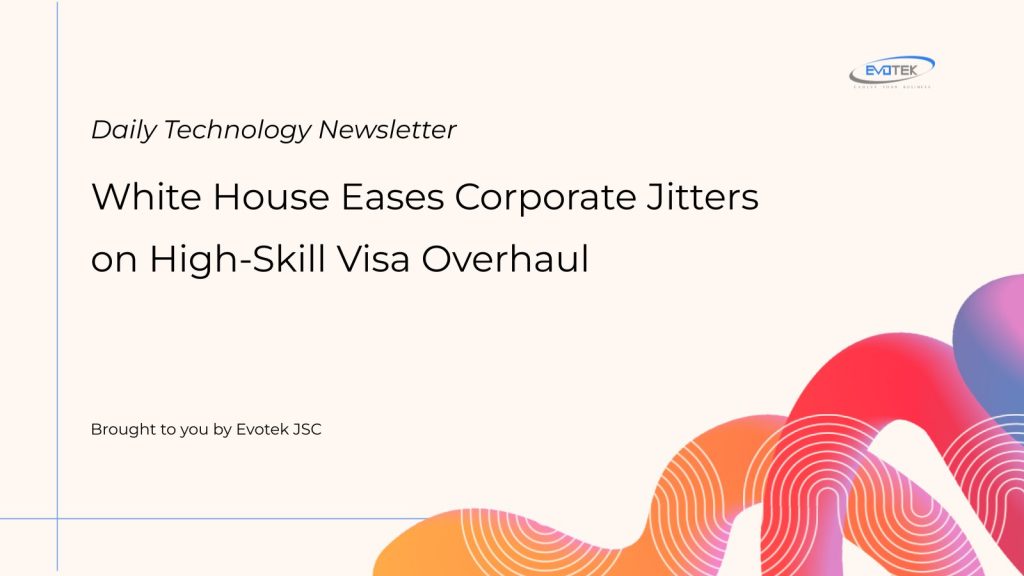The Biden administration is actively working to calm anxieties among U.S. corporations following recent, rapid changes to high-skill visa policies. A last-minute overhaul has sparked considerable concern within the tech sector and other industries reliant on international talent, prompting the White House to issue reassurances.
Addressing Business Uncertainty
Senior White House officials have engaged in outreach with business leaders and industry groups to clarify the implications of the updated immigration regulations. The move comes as companies grapple with the potential impact on their workforce planning, particularly regarding highly specialized roles often filled by H-1B visa holders and other skilled foreign workers.
The unexpected nature of the policy adjustments led to widespread speculation and worry about talent acquisition and retention. Many firms expressed fears of operational disruptions and a potential decrease in the ability to attract top global talent, which could affect America’s competitive edge in key sectors.
Commitment to Skilled Talent and U.S. Competitiveness
In various statements and private briefings, administration representatives emphasized the nation’s unwavering commitment to attracting and retaining high-skill immigrants. They highlighted that the policy adjustments are aimed at streamlining processes, enhancing program integrity, and ensuring that visa programs align with national economic priorities, rather than creating barriers for legitimate talent.
While specific details of the “overhaul” were not fully elaborated in public communications, officials underscored that any changes would ultimately support U.S. innovation and economic growth. The administration is reportedly working to provide clearer guidance and foster a predictable environment for businesses navigating these complex immigration policies.
Industry Reactions and Future Outlook
Corporate executives and human resources professionals have welcomed the White House’s efforts to address their concerns directly. However, many continue to seek more concrete details and long-term stability in immigration policies affecting high-skill workers. The dialogue between the administration and the private sector is expected to continue as stakeholders work towards a balanced approach that supports both national security and economic prosperity.
The ongoing conversation highlights the critical importance of high-skill immigration to the U.S. economy and the delicate balance required in managing policy changes to avoid undue corporate panic or disruption to vital industries.

 日本語
日本語 한국어
한국어 Tiếng Việt
Tiếng Việt 简体中文
简体中文